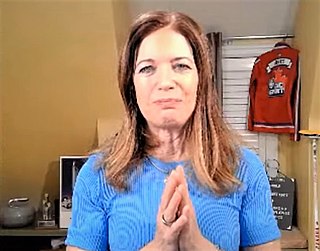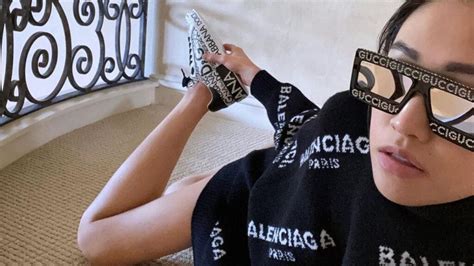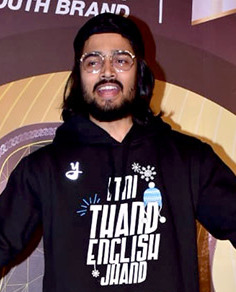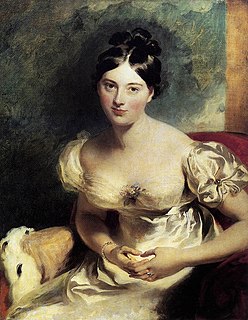A Quote by Burnie Burns
We started making content because we wanted to see it, and so our content ended up being genuine.
Related Quotes
I initially started making videos about my hair because I was struggling to style it and didn't know where to find help. Similarly, I started creating comedy content and doing characters and talking about things that were important to me because I didn't find a place to do that in the career that I wanted as an actress.
If you knew the user, you'd let them in. But, the content could contain a lot of dangerous stuff, even if you know the person using that content, you have to check what's inside there. That's where Fortinet started, trying to go deep inside of content, or inside an application to make sure those were secure.
Our task is not to find the maximum amount of content in a work of art, mush less to squeeze more content out of the work than is already there. Our task is to cut back on content so we can see the thing at all. The aim of all commentary on art now should be to make works of art - and, by analogy, our own experience - more, rather than less, real to us.






































